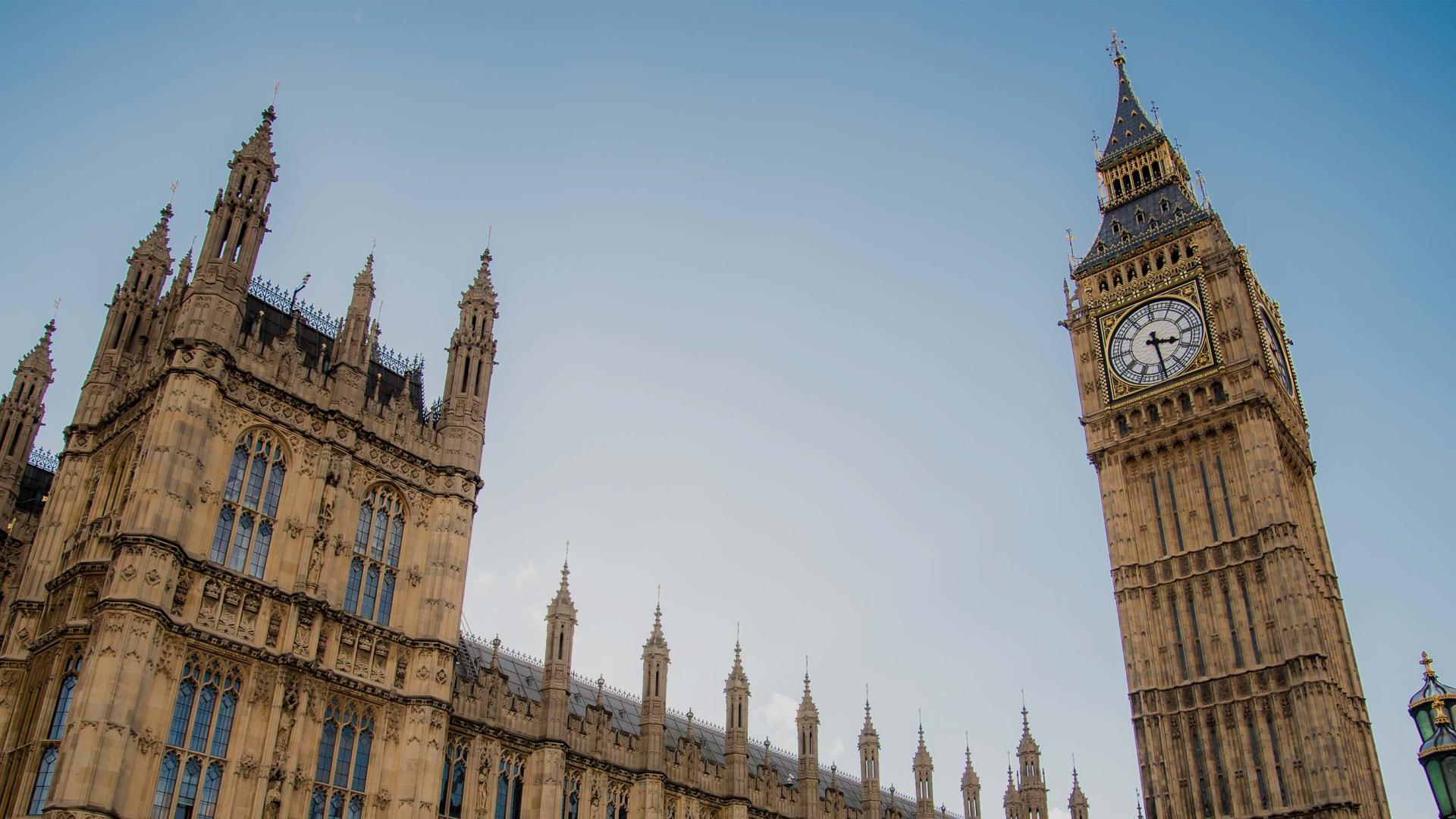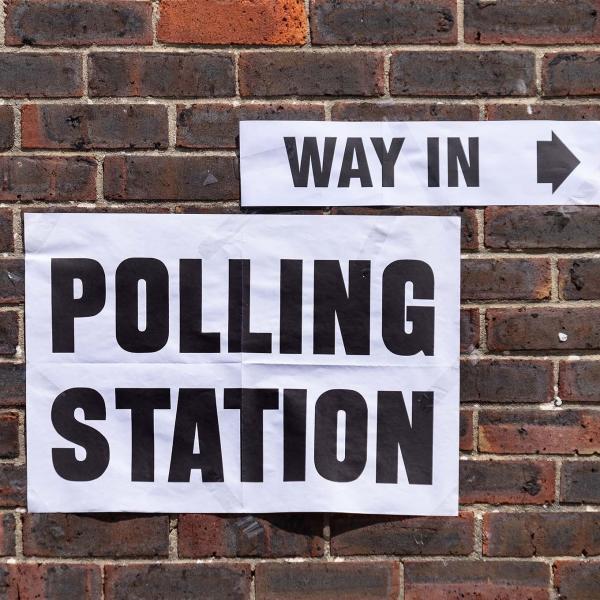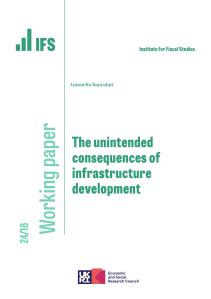The arguments in this piece reflect the views and opinions of the author, and not necessarily those of the funders.
Established in 2010, the Office for Budget Responsibility (OBR) is responsible for producing independent economic and fiscal forecasts on behalf of the government; assessing the government’s performance against its fiscal targets; scrutinising policy costings; and carrying out numerous analyses of fiscal risks and sustainability. Its creation is generally viewed as a successful innovation.
Perhaps in light of that success, there have been numerous proposals for extensions to the responsibilities and remit of the OBR. For example:
- In her Mais Lecture, the Shadow Chancellor Rachel Reeves promised to guarantee in law that any government making “significant and permanent tax and spending changes” will be subject to an independent forecast from the OBR; promised to ask the OBR to report on the long-term impact of capital spending decisions; and promised only to change or suspend the fiscal rules if the OBR declared the UK to be in an economic crisis.
- A recent report by the Institute for Government recommended that the OBR’s remit be expanded along numerous dimensions. Among other things, this included the suggestion that the OBR should be handed greater power and flexibility to call out the ‘gaming’ of fiscal targets, and handed the responsibility of determining when fiscal rules should be suspended.
- As part of a much broader set of recommendations around the design of the UK fiscal policy framework, the National Institute of Economic and Social Research (NIESR) has argued that the OBR (or a separate fiscal council) should publish a report ahead of each fiscal event outlining the areas where policy focus is needed, to which the Chancellor would then have to respond.
Others have gone further still and suggested that the OBR (or a similar technocratic body) ought to have responsibility for setting the government’s overall fiscal stance. For example:
- The New Economics Foundation (NEF) has suggested that fiscal rules be replaced by an independent advisory committee within the OBR or elsewhere, with responsibility for setting a target range for the primary balance (i.e. the level of borrowing, excluding spending on debt interest), leaving the government to choose the combination of taxes and spending needed to achieve it.
- The Social Market Foundation (SMF) has similarly suggested that an independent Fiscal Policy Committee should recommend a target range for government borrowing and that “we should complete the process of delegating demand management to technocrats”.
The specifics of these proposals differ (the NEF and SMF proposals go much further than others) and there is an important distinction between advising and deciding. Nonetheless, the desired direction of travel is clear: a greater role for technocrats in guiding UK fiscal policy. The objective here is not to outline an institutional ‘IFS view’ on any of the specific recommendations listed above (all of which are thoughtful and made in good faith), but to reflect on what one would have to believe for this direction of travel to be desirable.
In each case, a key implicit assumption seems to be that fiscal policy involves a set of questions to which there is a ‘right’ technical answer. In the case of Rachel Reeves and the Institute for Government’s proposals, that question is determining when the UK is in economic crisis and thus when the fiscal rules should be suspended. In the case of the NIESR proposals, that question is determining what policy issues a Budget or Spending Review ought to prioritise and address. In the case of the NEF and SMF proposals, that question is deciding what the government’s fiscal stance ought to be. In all cases, the proponents judge that elected politicians, left to their own devices, are unlikely to reach that ‘right’ answer – hence the need to delegate to technocrats.
Herein lies the challenge. Are we sure that any of those questions do in fact have a ‘right’ answer? If not, should we be delegating it to technocrats rather than leaving power in the hands of elected politicians?
Do fiscal policy questions have a ‘right’ answer?
The IfG and Reeves proposal is based on the idea that by pre-defining the conditions under which the government will suspend the fiscal rules (i.e. only when the OBR declares the UK to be in economic crisis), the (political) cost of suspending them at any other time will become higher. That, in turn, should add to the credibility and longevity of the framework. The key question is then how the OBR would make such an assessment. It seems reasonable to assume that the OBR would need to write down some criteria ahead of time, rather than simply exercise discretion. The details of those criteria would then be important: there is no single definition of an ‘economic crisis’, and writing down a set of criteria that are suitable for all scenarios is difficult, if not impossible.
To illustrate how difficult, it is helpful to consider the ‘escape clause’ for the fiscal rules proposed by Richard Hughes before he became Chair of the OBR. In 2019, Hughes and a team of authors at the Resolution Foundation proposed that (two of three) fiscal rules be suspended when spare capacity in the economy (the output gap) is in excess of 1 per cent and Bank Rate is below 1.5 per cent. Notably, these conditions would not have been met in the autumn of 2022 (when the output gap was estimated to be sufficiently large to trigger the escape clause, but Bank Rate was above the 1.5 per cent cut-off). On the face of it, this suggests that the government would have been bound by its fiscal rules and potentially unable to borrow to fund its major package of energy subsidies that supported firms, public services and households. Perhaps, in such an obvious moment of crisis, the OBR would exercise some common sense and deviate from its pre-specified criteria. But introducing some element of discretion opens the door to cases that are less clear-cut. One could imagine the OBR coming under pressure to suspend the fiscal rules in the face of a ‘climate emergency’, for instance. It might be that the government wishes to retain the ability to override the OBR’s judgement and decide for itself when a crisis has indeed come along – but that leaves us close to where we started, and rather undermines the spirit of Rachel Reeves’s argument that politicians ought not to be able to change the fiscal rules at any time. The point is, there is no universally agreed upon ‘right’ answer to when the fiscal rules should be suspended, and if there therefore needs to be an element of discretion, it is reasonable to question whether that discretion should lie with a technocratic body.
Next, take the question of what the key policy issues are that ought to be addressed at each fiscal event. The NIESR proposal is that “The OBR, or a separate fiscal council, should publish pre-fiscal event reports with key issues to which the Budget and the Autumn Statement should respond … This would also apply to [a] Spending Review”. There is much to be said for the related NIESR proposal for a more structured timetable for fiscal events, but it is far from obvious (to this author at least) why a technocratic body should decide whether the government should prioritise health, or education, or infrastructure, or the taxation of housing, or measures to boost entrepreneurship, or anything else. That feels squarely like a job for elected politicians.
Then, consider the question of what the government’s fiscal stance ought to be. Giving a technocratic body the power to set a target range for government borrowing would be a radical change to the UK’s policymaking framework. The argument is that just as control over interest rates has been handed to an independent Monetary Policy Committee, control over the tightness or looseness of fiscal policy (defined in terms of the primary balance) is a purely technical matter and should be handed to some kind of independent Fiscal Policy Committee (see the SMF and NEF papers for a full exposition of the argument). Clearly there is no single ‘right’ answer here – but the experts on the committee could disagree, and do so transparently, in the same way that members of the Monetary Policy Committee do over the appropriate path for interest rates. With the technical matter of the appropriate fiscal stance so determined, the government would then be able to choose a package of tax and spending measures consistent with that stance. (In the NEF proposal, the government would also have the option to pursue a different fiscal stance but would have to explain itself to parliament; the SMF paper argues that this might not give the government a strong enough incentive to comply and suggests that the Fiscal Policy Committee recommendations instead be given some sort of statutory basis).
The key issue here is whether the appropriate fiscal stance is indeed purely a technical matter, and one that is best left to the ‘experts’. On the one hand, it is somewhat analogous to monetary policy, and if we are comfortable with technocrats setting interest rates, should we not also be comfortable with technocrats setting a target for the primary balance?
On the other, fiscal policy – even if it is just a question of the primary balance – is more inherently political than monetary policy. For one, questions of how much to borrow are bound up in questions of intergenerational equity and how much debt we ought to leave for the next generation – questions that categorically should not be left to economists alone. To illustrate this, consider a world in which the UK somehow discovered an enormous new oil field in the North Sea (or, if the reader prefers, some equally valuable carbon-neutral alternative). The proceeds could be used to increase government spending, to cut existing taxes, to reduce the national debt, or to set up a sovereign wealth fund designed to benefit future generations. To decide what primary balance to aim for would be to, in effect, choose between these options. It seems unlikely that we would want a committee of fiscal technocrats to make this inherently political judgement, rather than the government.
There is also the question of whether demand management and the government’s fiscal stance can be fully detached from questions of distribution: a government might wish to deliberately ‘run the economy hot’ to boost the bargaining power of workers, for instance, which would clearly represent a political decision.
Further, the authors of the SMF and NEF papers clearly have in mind the case where the technocratic body tells the government to run looser fiscal policy (i.e. to cut taxes or increase spending), believing that UK fiscal policy has been suboptimally tight since 2010. One can imagine the government reacting rather less well when told to raise taxes or cut spending – changes which might bring more immediate and salient political costs than a comparable change in interest rates. There must be a very real risk that appointments to the OBR or Fiscal Policy Committee would become intensely politicised, with appointments made on the basis of who will support the government’s policy stance and/or recommend a fiscal loosening at a politically opportune moment. In effect, this could leave us without the benefits of either the independent, evidence-based scrutiny of an independent and apolitical advisory committee, or the democratic accountability of elected politicians.
Final thoughts
There is widespread agreement that the UK fiscal framework needs improvement. Plenty of thoughtful commentators think that handing additional powers to a technocratic body like the OBR would represent such an improvement. Some explicitly argue that the status quo is delivering such poor outcomes that to stick with it would do more damage to democracy than to hand more power to unelected technocrats.
This author has a huge amount of respect for unelected fiscal technocrats. The OBR and similar bodies are staffed by intelligent, diligent public servants. But they are not omniscient. And crucially, fiscal policy is inherently political. We should absolutely think about how best to design institutions and processes to promote good policymaking and how to provide incentives for politicians to act in the country’s long-term interest. But for decisions over tax and spending to have democratic legitimacy – especially in a country with the UK’s parliamentary tradition – elected politicians need to be at the heart of making them. For that reason, we should be cautious about moving towards an ever more powerful fiscal technocracy.









